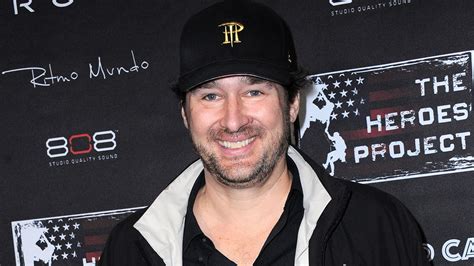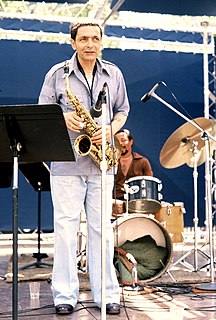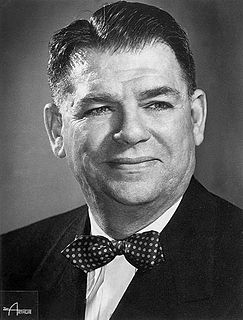A Quote by Phil Hellmuth
I normally raise pre-flop with K-K or A-A but occasionally I'll limp in, especially if it appears that the others at the table are playing tight. I don't want anyone to fold too soon when I've got such a big hand.
Related Quotes
As the book writer for one big smash and one big smelly flop, I always wondered if anyone knows just what goes into making a great musical. When a show is a hit, the critics trip over themselves not knowing who to laud and applaud the loudest. It's that marvelous score, those urbane lyrics, that irreplaceable star. But only when a show is a flop, does anyone notice the book writer. And then it's always our fault.
In tournaments, players typically raise when they enter the pot. In cash games, though, players are more likely to limp in before the flop. That's because cash games are usually deeper-stacked, meaning that players will have a higher ratio of chips in relation to the blinds than they would in a tournament.




























